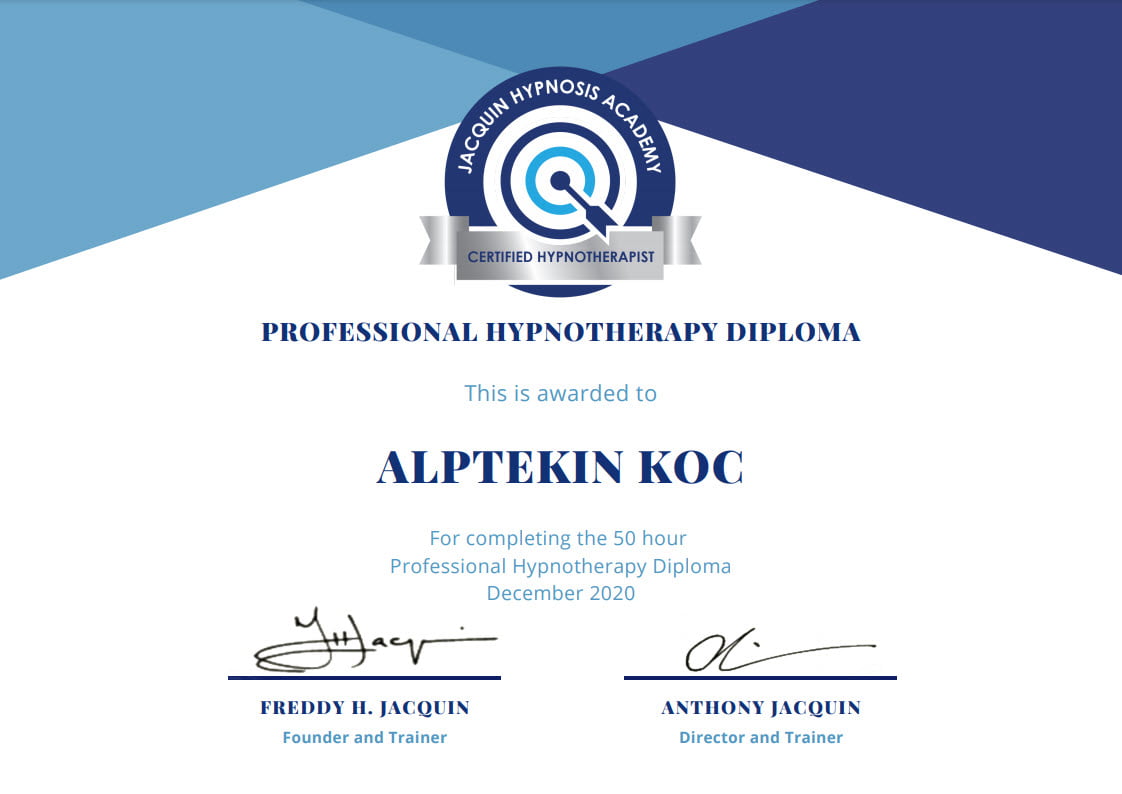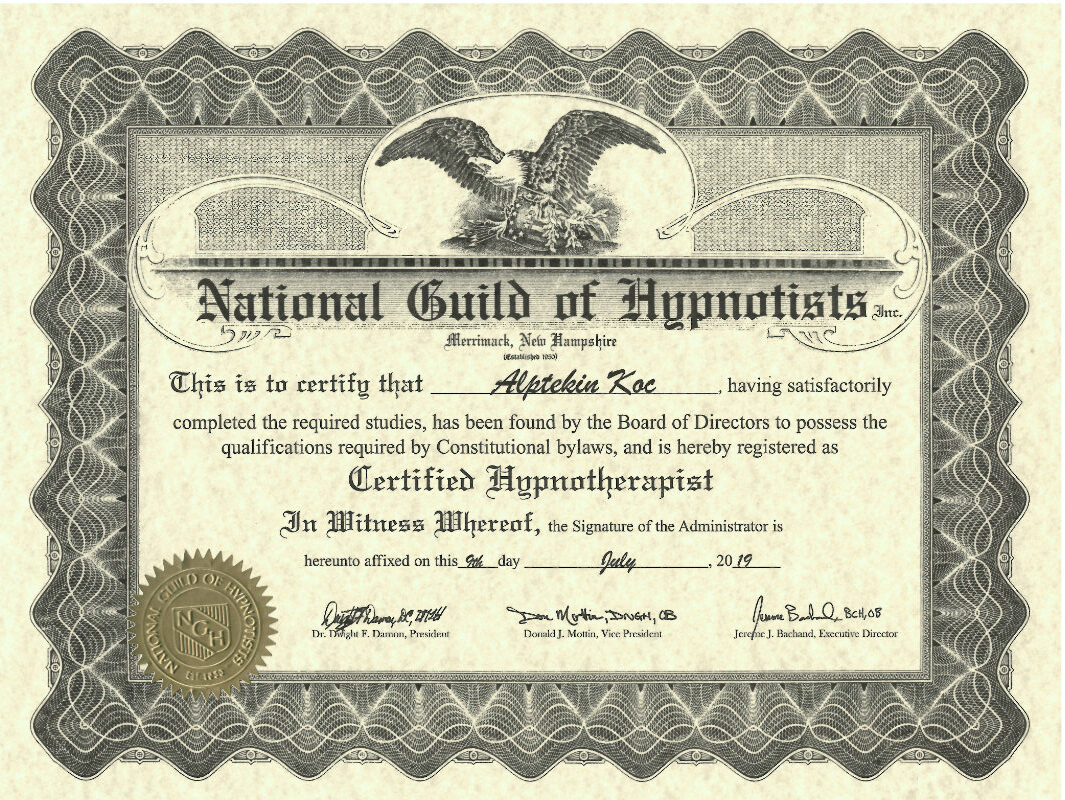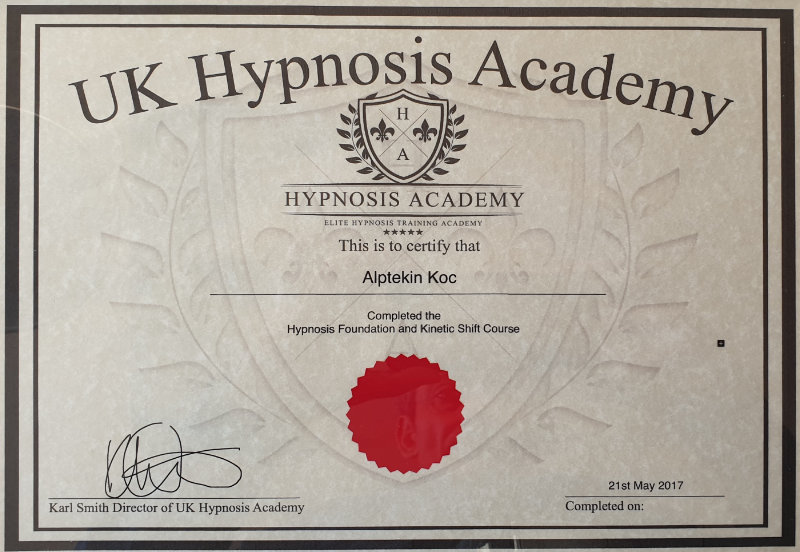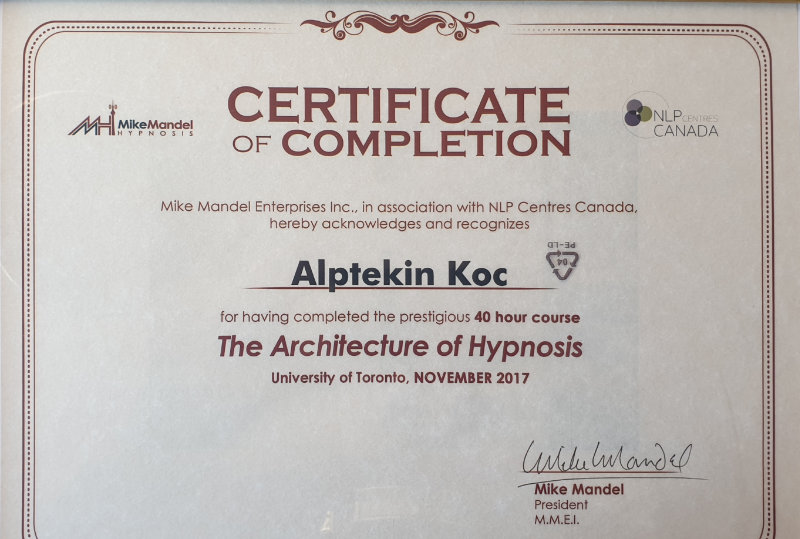
The effectiveness of hypnosis is very high and the experiences of affected people are extremely positive. Hypnosis has proven its worth especially with various anxiety disorders and panic (attacks).
Since 2006, hypnosis has been recognized by the Scientific Advisory Board for Psychotherapy (WBP) in 11 of 12 areas of application for psychotherapeutic treatment (except for acute psychoses and severe personality disorders). Their expert opinion on the subject explains once again why hypnosis is recognized by the WBP in these areas.
Numerous scientific studies (such as this meta-analysis from 2019 ) also confirm the effectiveness of hypnosis for anxiety disorders.
The testimonials of my clients also show time and again that hypnosis is a highly proven means of therapy for anxiety disorders.
Hypnosis may sound at first as if you are asleep during the session or mentally "switched off" like with an anesthetic, but the opposite is the case: you are in full control the whole time, listen attentively and also remember everything clearly after the session. Many of my clients even really enjoy hypnosis and feel fresh and rested. So the fear of losing control during hypnosis is unfounded.
You can also safely discard the fear of not "waking up" from hypnosis. Because you don't actually get into a sleep-like state from which you would have to wake up again. In fact, your consciousness is more present and active during hypnosis than in everyday life.



First, the cause of the fear is identified in hypnosis. Then this can be dissolved and new patterns of thinking, feeling, and behavior can be brought about.
In my treatments, I rely on a combination of hypnosis with other psycho-sensory methods that have a direct effect on the nervous system via the body. This variety of methods and an individually client-oriented approach make it possible that significant improvements are noticeable after just a few sessions. In addition, all my clients also learn self-hypnosis as well as other effective tools to quickly calm the nervous system again, even in the case of strong agitation.
Hypnosis is basically a highly concentrated focus on inner intentions. To a certain extent, hypnosis with the help of a hypnotist is also self-hypnosis. Because it only works based on your own intentions, after all, only you can decide what to focus on. In fact, you are more awake during hypnosis than in normal life.
This is how I approach hypnotherapy:




